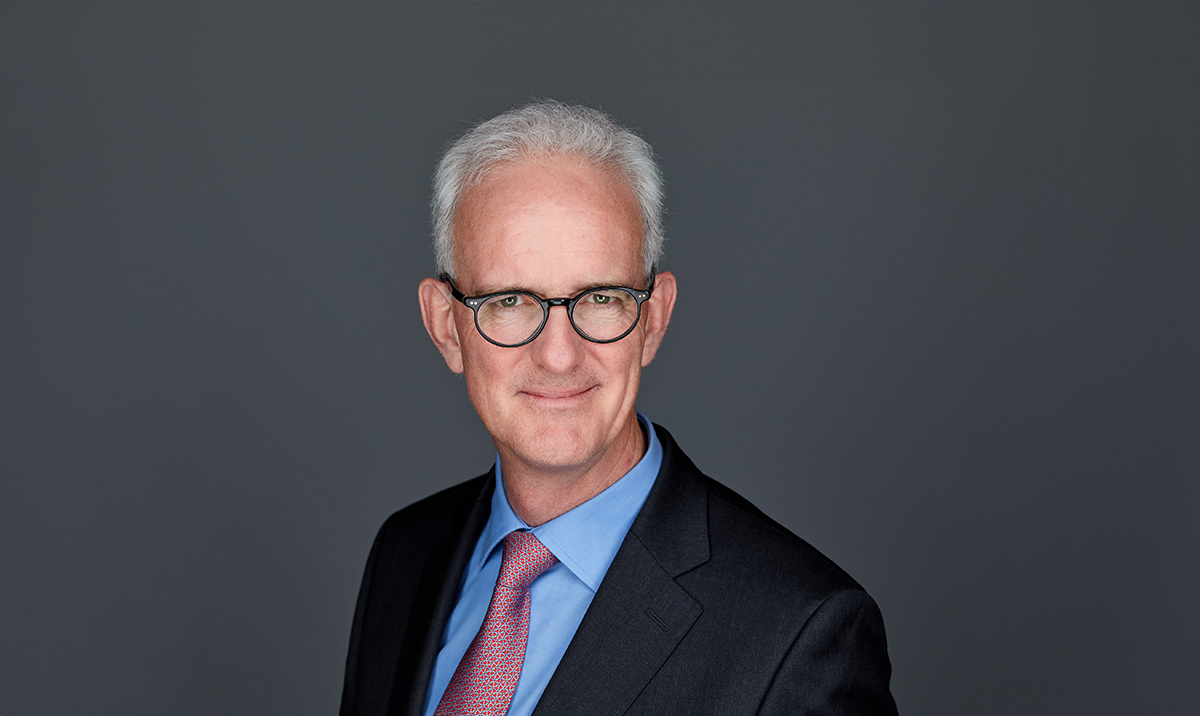
Are you reaping the rewards of radical collaboration?
Workplace silos are a huge productivity inhibitor. Casper Herzberg, CEO of industrial software company AVEVA, tells Michael Wade how radical collaboration can create value....

by Knut Haanaes, James E. Henderson Published April 7, 2022 in Brain Circuits • 2 min read
Why do some companies seem to last forever while others fold? We have looked closely at business longevity, investigating 50 global companies that stayed among the most 50 valuable traded companies over a period of 50 years. Some of these powerhouses even enjoyed a 100-year horizon on that list. Our research revealed some interesting lessons in what companies that stand this test of time all do. Here are the top three. Take a look and evaluate whether your company is hitting all these points, and if not, start strategizing.
Strike a balance between exploration and exploitation.
Exploration is the ability to look at future trends and innovate for market relevance. Exploitation is the precision your company uses to maintain internal focus around productivity, clarity of direction and discipline. The companies that last the longest are experts at balancing these two factors.
Be outside driven.
Companies that have stood the test of time do not become introverted. They look at what’s happening around them and learn and they are always searching for the next frontier. You must constantly be developing new capabilities or you will be left behind. If you get comfortable and stop trying to look ahead of the market making decisions about maintaining the status quo you run the risk of becoming introverted.
Embrace sustainability.
Sustainability in this sense refers to the ability of companies to find positive trade-offs between economic, environmental, and social issues. Sustainable companies balance profit, people, and planet. Companies often do this by acting on megatrends that are completely predictable, such as a move from a company that extracts resources to one that recycles. Umicore is a great example of this.
These three factors are all hallmarks of durable companies. All of them require forward-thinking and creating a balance that recognizes that business is not separate from our ecosystem, but an integral part of it. It’s time to ask yourself, has your company acknowledged this?

Professor of Strategy
Knut Haanaes is Professor of Strategy at IMD. He is the former Dean of the Global Leadership Institute at the World Economic Forum. He was previously a Senior Partner at the Boston Consulting Group and founded their first sustainability practice. At IMD he teaches in many of the key programs, including the MBA, and is Co-Director of the Leading Sustainable Business Transformation program (LSBT) and the Driving Sustainability from the Boardroom (DSB) program. His research interests are related to strategy, digital transformation, and sustainability.

Professor of Strategic Management at IMD
James E. Henderson is Professor of Strategic Management at IMD, Program Co-Director of the Leading Sustainable Business Transformation program, and Program Director of the Strategic Partnership course. He helps companies achieve and sustain their competitive advantage either at a business unit, corporate, or global level through directing custom specific executive programs, facilitating strategy workshops, or teaching MBAs and executives.

9 hours ago • by Michael R. Wade in Brain Circuits
Workplace silos are a huge productivity inhibitor. Casper Herzberg, CEO of industrial software company AVEVA, tells Michael Wade how radical collaboration can create value....

February 25, 2026 • by Sara Ratti in Brain Circuits
For most companies, climate action has limited influence on executive decision-making. Here’s how boards can design compensation structures that motivate leaders to meet corporate climate ambitions. ...

February 24, 2026 • by Francesca-Giulia Mereu in Brain Circuits
Our previous brain circuit on this subject explored what your inner child can do for you, such as take risks or look at a situation differently. Here are five ways to reconnect...

February 23, 2026 • by Julia Binder in Brain Circuits
Myths abound when it comes to corporate sustainability. Can you tell fact from fiction? Test your knowledge on the common misconceptions here....
Explore first person business intelligence from top minds curated for a global executive audience